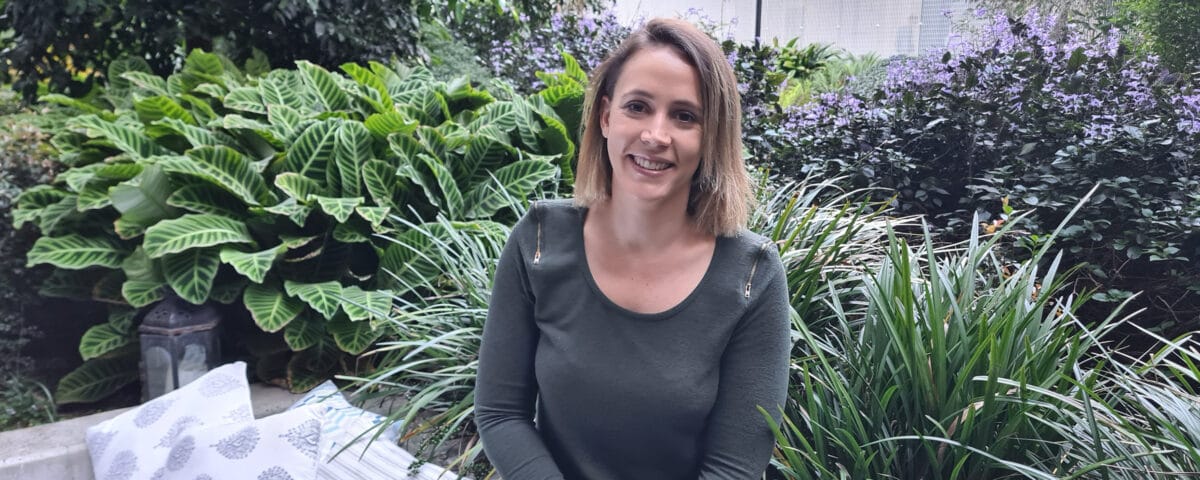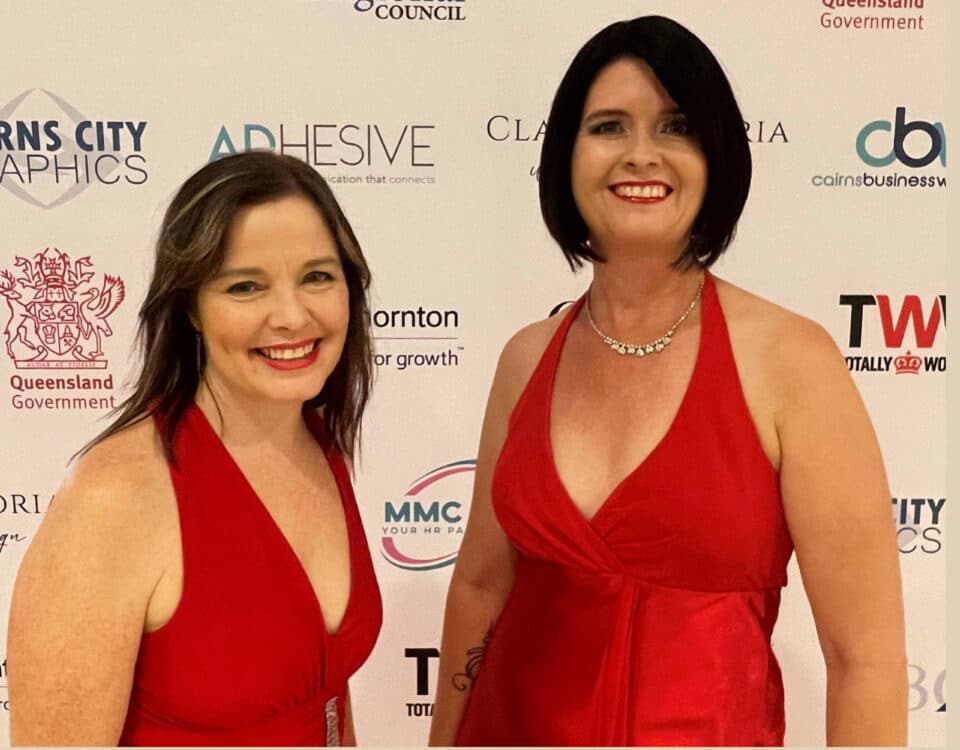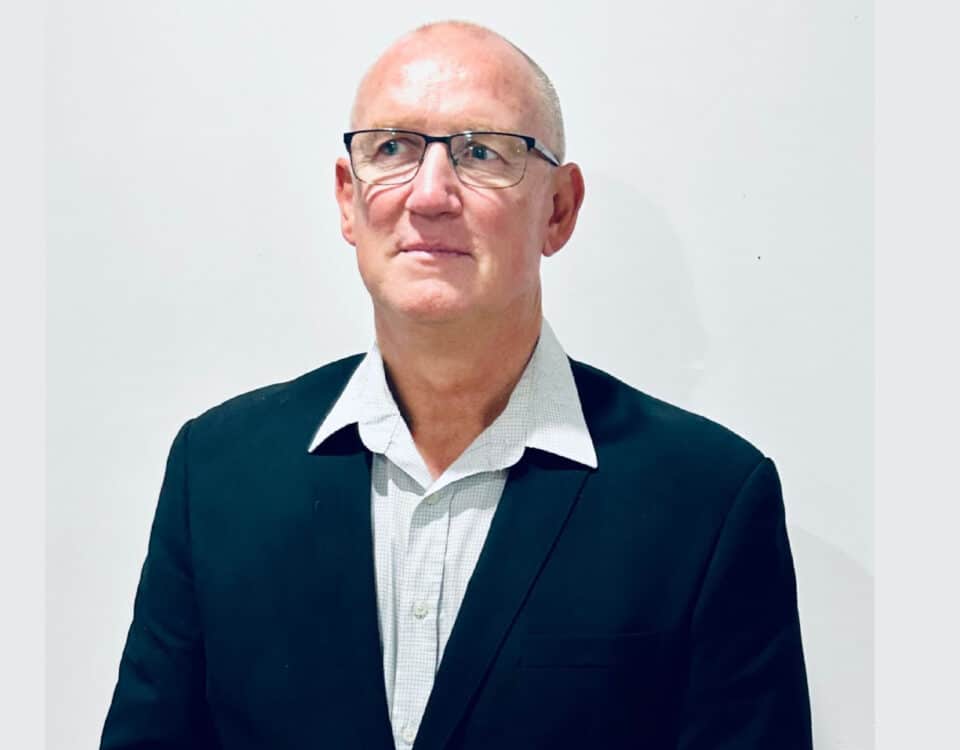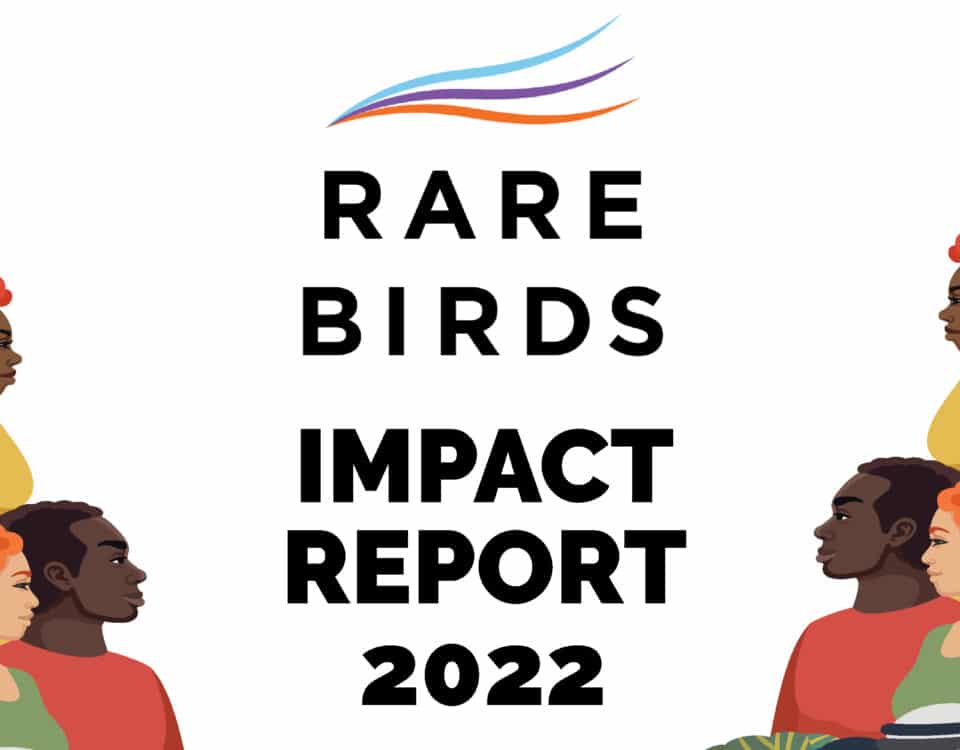Kristy has witnessed a lot of change as the Australian start-up scene matured into the multi-unicorn ecosystem it is today. She has learned plenty on the way too, and is using her experience of mentoring with Rare Birds as a way to give back, but also to grow further herself.
You have been involved in the start-up ecosystem for many years. What are the biggest changes you have seen?
There is now an abundance of people ready to take the leap into a start-up!
It isn’t as scary or an unknown territory anymore – it’s acceptable and exciting to be involved in a start-up and not this daunting experience of working twice as hard as big corp with a huge personal risk in terms of salary, equity, consistent employment, long term goals.
Start-ups, particularly in Australia, have founders who have done the ‘start-up thing’ a few times over, as well as leaders and role models such as Atlassian and Canva that have broken the stigma that you need to be U.S. based.
What do you think are the main barriers to success for early-stage start-ups?
For founders, it is keeping focused – work on the business, not in the business.
Communication about what the business actually does/market placement to not just external stakeholders, but the internal team to align with strategic goals.
In Australia it’s hard to be perceived as global due to our distance from other markets – financially this means less customers/investors but also more money needed to be spent to either travel, or target market to those regions (hello, EMDG grant!)
What key differences have you seen between businesses that succeed and those that don’t?
Getting to a position quickly where your day is not always focused on money in the bank, but rather it is focused on strategy, your team, customers, anything but money.
Identify weakness and accepting faults – learn, grow, conquer!
Leaders who provide strategy from research and quantitative measures not solely instinct, gut feel gets you so far, but not without supporting it with data.
How would you describe the start-up ecosystem in Australia today?
Mature, full of exciting companies that have ‘made it’ such as Canvas, CultureAmp, Atlassian and Safety Culture, but are still supportive. It’s unique in Australia, you are so far from really large hubs of start-ups, yet, always plugged in, Australians never seem to miss a beat.
It would be great to see events in the start-up space again soon.
We are very fortunate to have Govt incentives – R&D, EMDG, Commercialisation Australia, etc., to grow as an Australian based start-up, but it does mean start-ups rely on this more than finding funding in Australia.
Describe the capabilities of the Faethm AI platform and the ways it has transformed workplaces.
Faethm is constantly looking at how future workforces will be impacted by new technologies, and what that means for the skills the workforce should have. As new technologies are adopted, workplaces need people to develop, implement, and run them.
COVID has placed a big emphasis on agility for all businesses. What do you think SME owners can learn from the start-up scene when it comes to innovation and agility?
If you aren’t in the cloud, you’re giving up your ability to create longevity of business continuity. If your team is able to work flexibly to accommodate personal circumstances, they will work with a smile, and are always the biggest asset.
You have experience in helping companies structure for growth. What strategies should businesses be employing during the pandemic to ensure future growth?
Grow slow and steady, hire based on KPI’s and results rather than assumed results.
Keep employee satisfaction at the forefront always. Retention is more important than redundancy or trying to rehire.
Ensuring everyone has space, capacity and runway to focus on what matters most to the business for growth, implementing small changes, and constantly reviewing processes can enable the team to just get on with what they know best.
Acknowledge failures, but celebrate success, always!
Business owners and leaders often spend all their time looking out for others. How do you like to make time for yourself and keep things in balance?
Pilates – as a student or teaching, it is my outlet to be creative, away from devices, and feel great regardless of how hard the class was.
Ensuring that dinner is always eaten at the table, no devices, just music and great lighting. It’s a game changer.
What advice would you give to someone who is at ideation stage and wanting to launch their business?
Leap right in!
Pull your thoughts together, gather loads of insights from friends, family and also those who you’ve handpicked as specialists in that field for validation.
You may experience criticism at this stage, but it will just be the very beginning of both the critiquing but also the words of encouragement, and celebrations for small wins.
Why did you decide to become a Rare Birds Mentor?
I’m always looking for a guiding star, they could be an executive, a team lead, a peer, or a direct report. The opportunity to be exposed to a broader range of problems, and view them from an angle that isn’t directly related to the usual everyday context. The opportunity to share thoughts, processes, and talk through challenges with a mentee is a great way to share what I’ve had to learn the hard way, or wish someone was able to share with me.
Plus, it is just as rewarding to be a mentor as it is to be a mentee!
